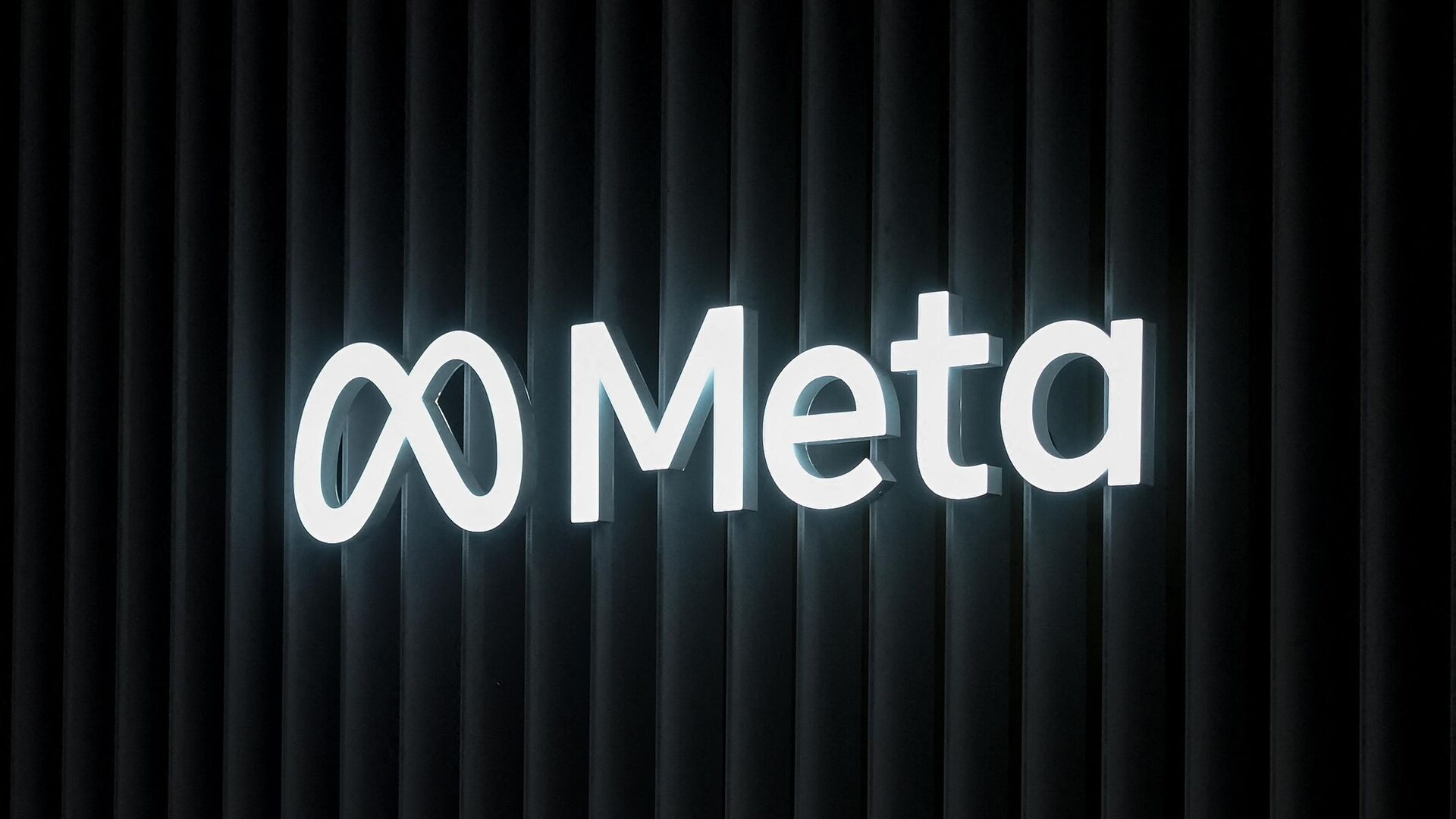https://sputnikglobe.com/20221214/meta-sued-for-promoting-hate-speech-in-africa-media-report-1105440147.html
Meta Sued For Promoting Hate Speech in Africa, Media Report
Meta Sued For Promoting Hate Speech in Africa, Media Report
Sputnik International
Technology giant Meta Platforms Inc. is accused of amplifying hate speech and inciting to violence in Africa in a lawsuit in Kenya’s high court, according to media reports.
2022-12-14T10:43+0000
2022-12-14T10:43+0000
2024-09-18T09:37+0000
africa
kenya
ethiopia
east africa
meta
hate speech
murder
facebook
https://cdn1.img.sputnikglobe.com/img/07e6/0c/0e/1105440277_0:314:3077:2045_1920x0_80_0_0_0b46e3d0b6cc1895420e9ef8947dcfa6.jpg
US technology giant Meta Platforms Inc. has been accused of amplifying hate speech and inciting violence in a lawsuit at Kenya’s High Court, according to media reports.Two researchers from Ethiopia, Abrham Meareg and Fisseha Tekle, along with Kenyan human rights group the Katiba Institute with support from legal non-profit organization Foxglove, filed a case against the multinational corporation after Meareg’s father, chemistry Professor Meareg Amare, was shot and killed in November 2021. According to the court filings, the murder followed several hateful posts on Facebook, targeting the professor for attack. The claimants demand around $2 billion in restitution.According to him, the posts were related to the conflict in the Tigray region, which broke out in November 2020. Meareg noted that his request to delete publications inciting hate against Tigrayans such as his family was only answered by Meta a week after the professor was murdered.Meta's Facebook platform utilizes an algorithm that recommends content that users are most likely to interact with. According to the petitioners, the company's moderation of content related to countries “vulnerable to war, conflict, ethnic cleansing and genocide,” many of which are in Africa, Latin America, and the Middle East, is insufficient.The claimants have also called on the firm to provide better wages and working conditions to content moderators focused on developing countries.In 2021, a similar lawsuit was started against Meta related to violence-inciting posts published during the Rohingya genocide in Myanmar.In March 2022, Meta became the first public company to be banned as an extremist organization in Russia after the firm allowed calls for violence against Russians in the context of the Ukraine conflict. Those hate speech incidents, among other things, included calls for the demise of Belarusian President Alexander Lukashenko and Russian President Vladimir Putin. Russia imposed sanctions on Mark Zuckerberg, the CEO of Meta, in April.A 2018 Meta report found that the firm's efforts to prevent their products from being used as platforms to “foment division and incite offline violence” were inadequate.*Meta is banned as an extremist organization in Russia.
africa
kenya
ethiopia
east africa
Sputnik International
feedback@sputniknews.com
+74956456601
MIA „Rossiya Segodnya“
2022
News
en_EN
Sputnik International
feedback@sputniknews.com
+74956456601
MIA „Rossiya Segodnya“
Sputnik International
feedback@sputniknews.com
+74956456601
MIA „Rossiya Segodnya“
meta hate speech, facebook hate speech, tigray war, meta lawsuit, meta in africa
meta hate speech, facebook hate speech, tigray war, meta lawsuit, meta in africa
Meta Sued For Promoting Hate Speech in Africa, Media Report
10:43 GMT 14.12.2022 (Updated: 09:37 GMT 18.09.2024) Earlier this year, Meta* faced another lawsuit in Africa connected to poor working conditions for the company's employees in Kenya.
US technology giant Meta Platforms Inc. has been accused of amplifying hate speech and inciting violence in a lawsuit at Kenya’s High Court, according to media reports.
Two researchers from Ethiopia, Abrham Meareg and Fisseha Tekle, along with Kenyan human rights group the Katiba Institute with support from legal non-profit organization Foxglove, filed a case against the multinational corporation after Meareg’s father, chemistry Professor Meareg Amare, was shot and killed in November 2021. According to the court filings, the murder followed several hateful posts on
Facebook, targeting the professor for attack.
The claimants demand around $2 billion in restitution.
“My father was killed because posts published on Facebook identified him, accused him falsely, leaked the address of where he lives and called for his death,” Abrham Meareg stated.
According to him, the posts were related to the conflict in the
Tigray region, which broke out in November 2020. Meareg noted that his request to delete publications inciting hate against Tigrayans such as his family was only answered by Meta a week after the professor was murdered.
Meta's Facebook platform utilizes an algorithm that recommends content that users are most likely to interact with. According to the petitioners, the company's moderation of content related to countries “vulnerable to war, conflict, ethnic cleansing and genocide,” many of which are in Africa, Latin America, and the Middle East, is insufficient.
“Content that promotes violence can and does translate to violence off-line,” the filings state.
The claimants have also called on the firm to provide better wages and working conditions to content moderators focused on developing countries.
In 2021, a similar
lawsuit was started against Meta related to violence-inciting posts published during the Rohingya genocide in Myanmar.
In March 2022, Meta became the first public company to be banned as an extremist organization in Russia after the firm allowed calls for violence against Russians in the context of the Ukraine conflict. Those hate speech incidents, among other things,
included calls for the demise of Belarusian President Alexander Lukashenko and Russian President Vladimir Putin. Russia imposed sanctions on Mark Zuckerberg, the CEO of Meta, in April.
A 2018 Meta
report found that the firm's efforts to prevent their products from being used as platforms to “foment division and incite offline violence” were inadequate.
*Meta is banned as an extremist organization in Russia.


